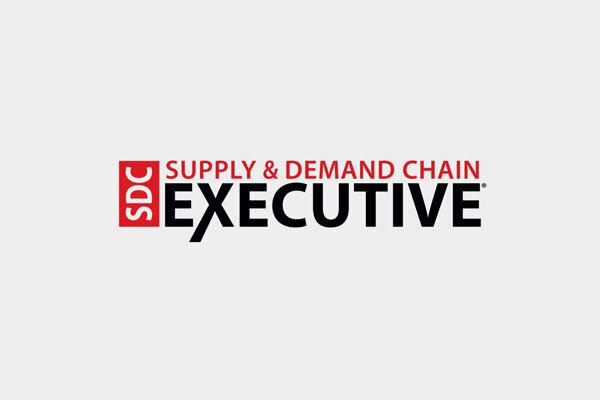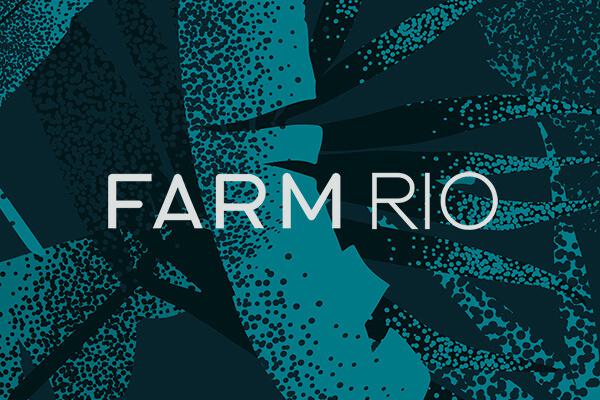Announcement

Mojix Blog
Read the latest supply chain insights, industry tips, and educational blogs from Mojix. Subscribe to the Mojix Newsletter and never miss an update.

Press Releases
Seagull Software combines with Mojix to create a leading supply chain and traceability platform
Learn more
Traceability
Mojix introduces the latest updates to public multi-tenant SaaS platform
Learn more
Traceability
Mojix to Provide End-to-End Traceability Solutions for Farm Rio
Learn more
Announcement
Mojix releases FSMA 204 Compliance Playbook: A Guide for Food Producers, Restaurants, and Retailers
Learn more
Press Releases
New report: Visibility voids are exposed when lacking insight into key data elements at the item-level as the supply chain industry progresses to end-to-end traceability
Learn more
Retail
Top 5 takeaways from NRF 2024: retail's big show
Learn more
Technology
Mojix to Preview Generative AI Solution Leveraging Google Cloud AI for Real-Time Item Level Visibility at NRF 2024
Learn more
supply chain
Why is the Internet of Things Important to our Everyday Lives
Learn more
Retail
Fighting the Fakers: Challenges of Product Authentication in the Retail Industry
Learn more
Manufacturing
The Role of Business Intelligence (BI) in Manufacturing
Learn more
RFID




